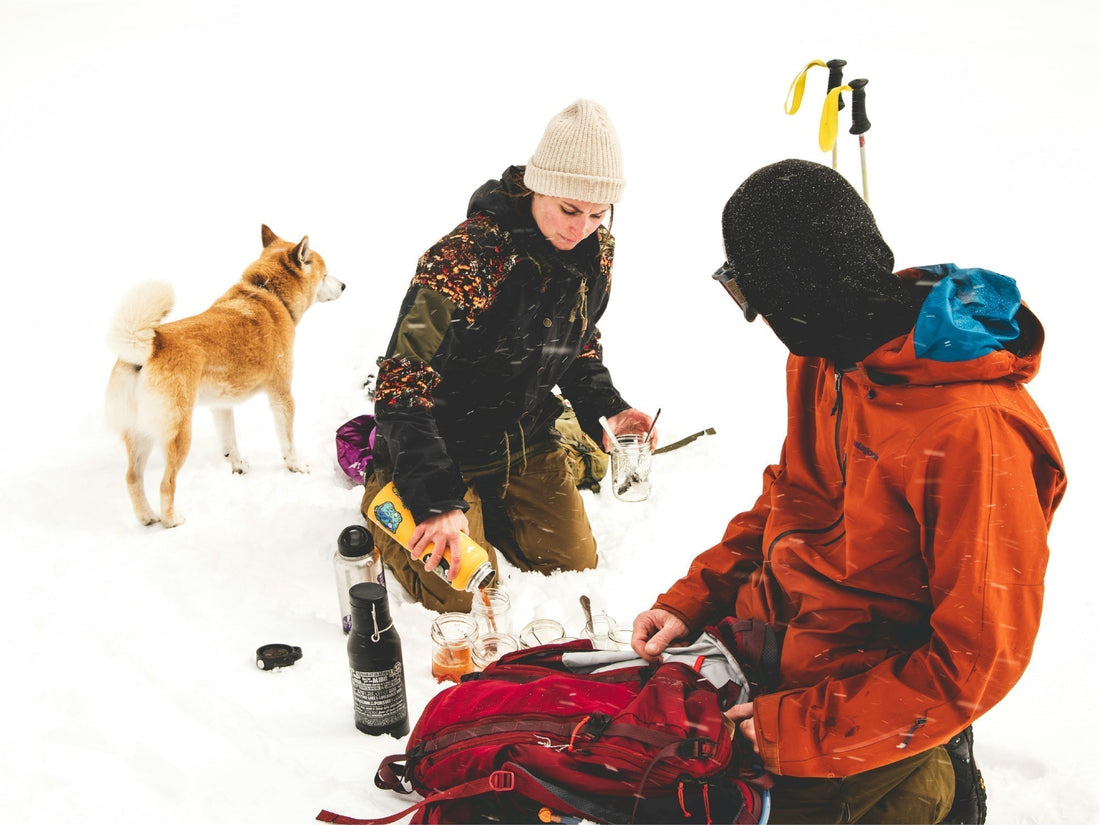Your body is an engine, and at high altitude, it requires high-performance fuel. What you eat and drink can be the difference between a successful summit and a failed attempt. The extreme conditions change the way your body processes food, making a targeted nutritional strategy essential. Here are the essential nutrients every high-altitude athlete needs to consider.
Carbohydrates: The Altitude Advantage
Carbohydrates are your body's most efficient fuel source, and this is even more true at high altitudes. In low-oxygen conditions, your body struggles to metabolize fats for energy, making carbohydrates a better choice for fueling your brain and muscles.
- Before the Trek: Focus on complex carbohydrates like whole grains, legumes, and starchy vegetables to build up your glycogen stores.
- During the Trek: Consume simple carbohydrates like energy gels, bars, and dried fruit for quick, accessible energy. Don't let a suppressed appetite stop you from eating small, frequent meals.
Protein: For Recovery and Muscle Preservation
When you're pushing your body to its limits, muscle tissue can break down. Protein is critical for repairing this damage and preventing muscle loss, which is a significant risk at high altitude.
- Before and After: Ensure you're getting enough lean protein from sources like chicken, fish, eggs, and legumes to support muscle synthesis.
- On the Trail: Pack protein-rich snacks like jerky, nuts, and protein bars for quick, on-the-go fuel.
Iron: The Oxygen Carrier
Iron is the cornerstone of oxygen transport in your blood. It's a key component of hemoglobin, the protein in red blood cells that carries oxygen from your lungs to your muscles. At high altitudes, your body naturally increases red blood cell production to adapt, so having enough iron is non-negotiable.
- Rich Sources: Red meat, spinach, lentils, and fortified cereals are excellent dietary sources of iron.
Support Your Body's Oxygen Response: Beyond diet, targeted supplementation can help enhance your body's ability to utilize oxygen and manage the stress of acclimatization. **See How High-Brain Boost Supports Oxygen Utilization**.
Hydration: The Often-Overlooked Lifeline
Dehydration can lead to fatigue, headaches, and increased risk of altitude sickness. You need more water at altitude than you do at sea level because the dry, thin air and increased respiration rate cause you to lose fluids faster.
- Stay Ahead of Thirst: Drink water constantly, not just when you feel thirsty.
- Electrolytes: Add electrolytes to your water to replenish salts lost through sweat and respiration, which helps with muscle function and prevents cramping.
By prioritizing these key nutrients, you can optimize your body's performance and ensure you have the energy and resilience needed to tackle any mountain.
Sustain Your Energy: Adaptogens for the Long Haul
Ensure your body has the endurance to match your ambition. **Shroom Bloom** provides adaptogenic support to help manage physical stress and sustain energy reserves, complementing your carbohydrate and protein intake.
BOOST ENDURANCE WITH SHROOM BLOOM
